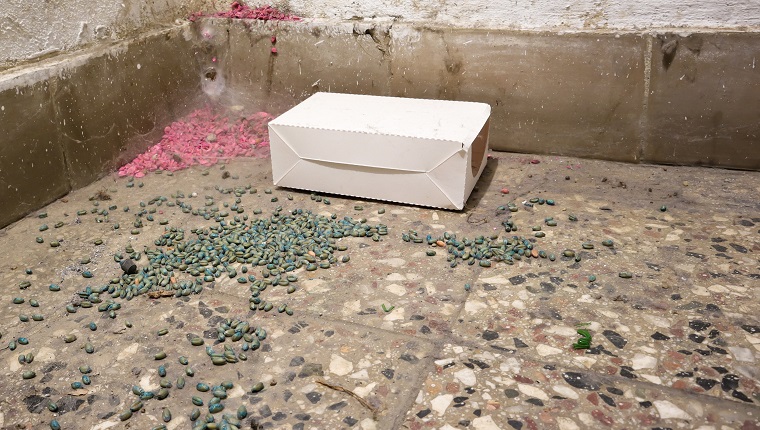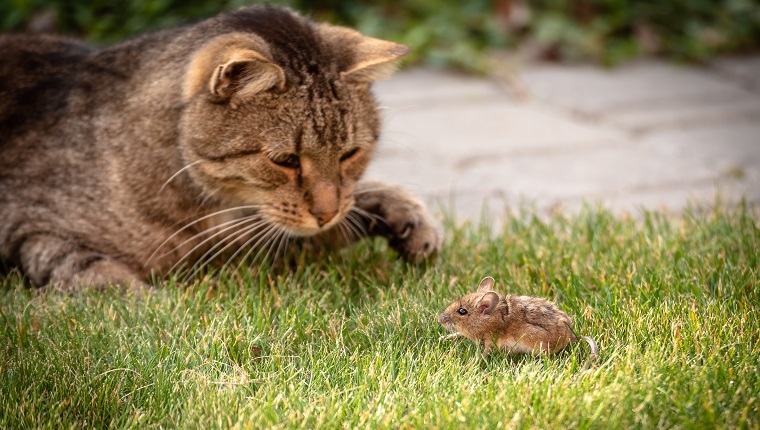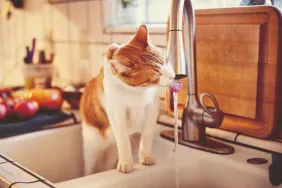Anticoagulant rodenticide poisoning occurs when a cat ingests poisons intended to kill rats and mice. Additionally, cats might suffer from this type of poisoning after eating vermin that has ingested poison. This is called secondary poisoning.
Anticoagulants in the poison work by preventing blood from being able to clot, which can result in excess bleeding for an animal, including cats.
This type of poisoning might not result in any immediate symptoms, as the poison can take a few days to properly activate. However, it is vital that you seek out medical advice if you notice that your cat has ingested any anticoagulants or poisons.
If you see signs that your kitty might be suffering from poisoning, then you must consult your veterinarian for a proper diagnosis and course of treatment. Here’s what you should know about the symptoms, causes, and treatments of anticoagulant rodenticide poisoning in cats.
Symptoms Of Anticoagulant Rodenticide Poisoning In Cats
Anticoagulant rodenticide poisoning in cats can result in a range of different symptoms; although, it can often take a few days for them to show up.
Some of the most common symptoms include:
- Blood present in vomit
- Swollen stomach
- Bleeding gums
- Blood present in poop
- General weakness and lethargy
- Nose bleeds
- Breathing difficulties (due to blood accumulation)
Causes Of Anticoagulant Rodenticide Poisoning In Cats

The cause of anticoagulant rodenticide poisoning is almost always a cat ingesting poison intended for mice or rats. In the case of outdoor cats, the chances of this happening are higher as the feline has access to garbage that might contain discarded poisons.
Additionally, if a cat eats vermin that has ingested poison, they can also suffer from poisoning,- which vets refer to as relay or secondary poisoning.
Finally, some human medicines contain some of the same ingredients used in rat poisons. So make sure to keep all human medicines safely out of the reach of any household felines.
Treatments For Anticoagulant Rodenticide Poisoning In Cats
If you bring your cat to your veterinarian because you’ve noticed that they have ingested poison intended to kill vermin, your vet will carry out a full physical examination and ask about recent events or situations where your kitty may have come into contact with rodenticide.
The vet will also take blood and urine samples, along with testing the clotting capabilities of your cat’s blood.
If you suspect that your cat is suffering from poisoning, it can be useful to bring your vet samples of the poison in question. This is so that they can accurately monitor the ingredients in the poison that might be upsetting your cat.
Treatment often involves administering Vitamin K, which assists with blood clotting, plus frozen plasma and fluids. Induced vomiting is sometimes an option for cats who have consumed rodent poison; although, only vets should carry out this procedure.
Has your cat ever accidentally suffered from rat poisoning? How do you prevent your cat from coming into contact with these poisons? Let us know in the comments below.









